On the morning of December 23, in Hanoi, Deputy Minister of Industry and Trade - Nguyen Hoang Long had a working session with representatives of the United Nations Development Program (UNDP).
Deputy Minister Nguyen Hoang Long said that the meeting with UNDP was considered extremely important. Before this meeting, the Ministry of Industry and Trade held many working sessions within the framework of the Just Energy Transition Partnership (JETP) Secretariat in Vietnam and the Ministry of Industry and Trade (MOIT).
Need to deploy quickly, avoid wasting time on unnecessary procedures
The Deputy Minister said that the Ministry has established a core JETP team, with a larger scale than the current one, in which the Department of Energy Conservation and Sustainable Development takes on the role of permanent secretary, coordinating with the Department of Electricity and Renewable Energy to promote related contents.
At the meeting, Deputy Minister Nguyen Hoang Long emphasized that the implementation of ODA projects must be carried out according to strict procedures, ensuring compliance with current legal regulations. He stated that project approval procedures have been established through many stages, from reviewing the list to determining the order of priority. This is an important factor to ensure efficiency and transparency in capital management and project implementation.
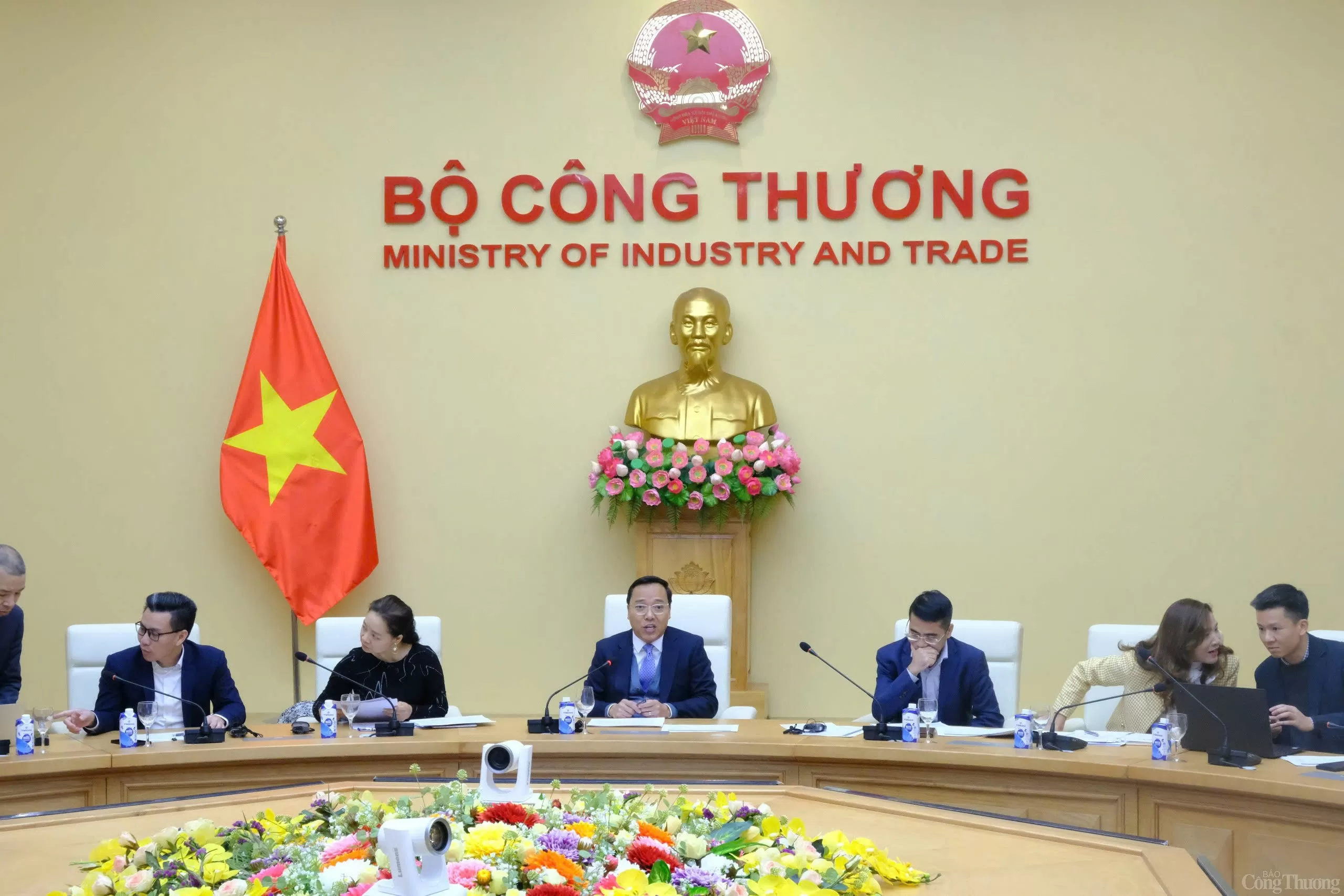 |
| On the morning of December 23, in Hanoi , Deputy Minister of Industry and Trade - Nguyen Hoang Long had a working session with representatives of the United Nations Development Program (UNDP). - Photo: The Duy |
According to the Deputy Minister, for energy projects, especially renewable energy, mobilizing financial resources plays a key role. He also noted that the Ministry of Finance has its own regulations and procedures for deciding on the implementation of ODA projects. After approval, the secretariat will coordinate to issue policy signals and organize project reviews to ensure compliance with the eighth power plan and new decrees.
At the same time, coordination among stakeholders is very important. Priorities in renewable energy development, such as offshore wind power and green energy transition, have been clearly defined and need consensus during implementation. He also affirmed that the construction of project portfolios must be based on cooperation, avoiding duplication and optimizing benefits for all parties.
In addition, the Deputy Minister also mentioned the restructuring of working groups, based on identified priority areas, to accelerate the implementation of key projects. This will contribute to promoting sustainable development, while ensuring that projects are implemented on schedule and effectively.
The Deputy Minister also noted that, despite challenges in procedures and funding, Vietnam remains committed to strongly developing the renewable energy sector. With the participation of domestic and foreign investors, projects such as offshore wind power and renewable energy storage have been identified as top priorities, contributing to the country's sustainable development goals.
"We want all appropriate capital to be put into the private sector and renewable energy projects in Vietnam," Deputy Minister Long affirmed.
He also mentioned a $250 million funding pool from international partners that has committed to investing in specific projects, rather than being spread out or waiting for new regulations. And he wanted more flexibility in working methods, including within the Energy Transition Partnership Group (IPG).
UNDP representative emphasizes the role of financial support and fast process
At the meeting, Ms. Ramla Khalidi - UNDP Resident Representative in Vietnam, highly appreciated the coordination between the parties in implementing the projects. She affirmed that UNDP is ready to support to ensure the project implementation processes are quick and effective.
Regarding the plan to implement 3 to 5 priority projects, Ms. Khalidi emphasized that there is no intention to limit the number of projects, but the main goal is to optimize resources in the period from now to 2025. UNDP wants to select strategic projects, not only to attract preferential finance and investment from the private sector, but also to create new value chains, as a premise for future projects.
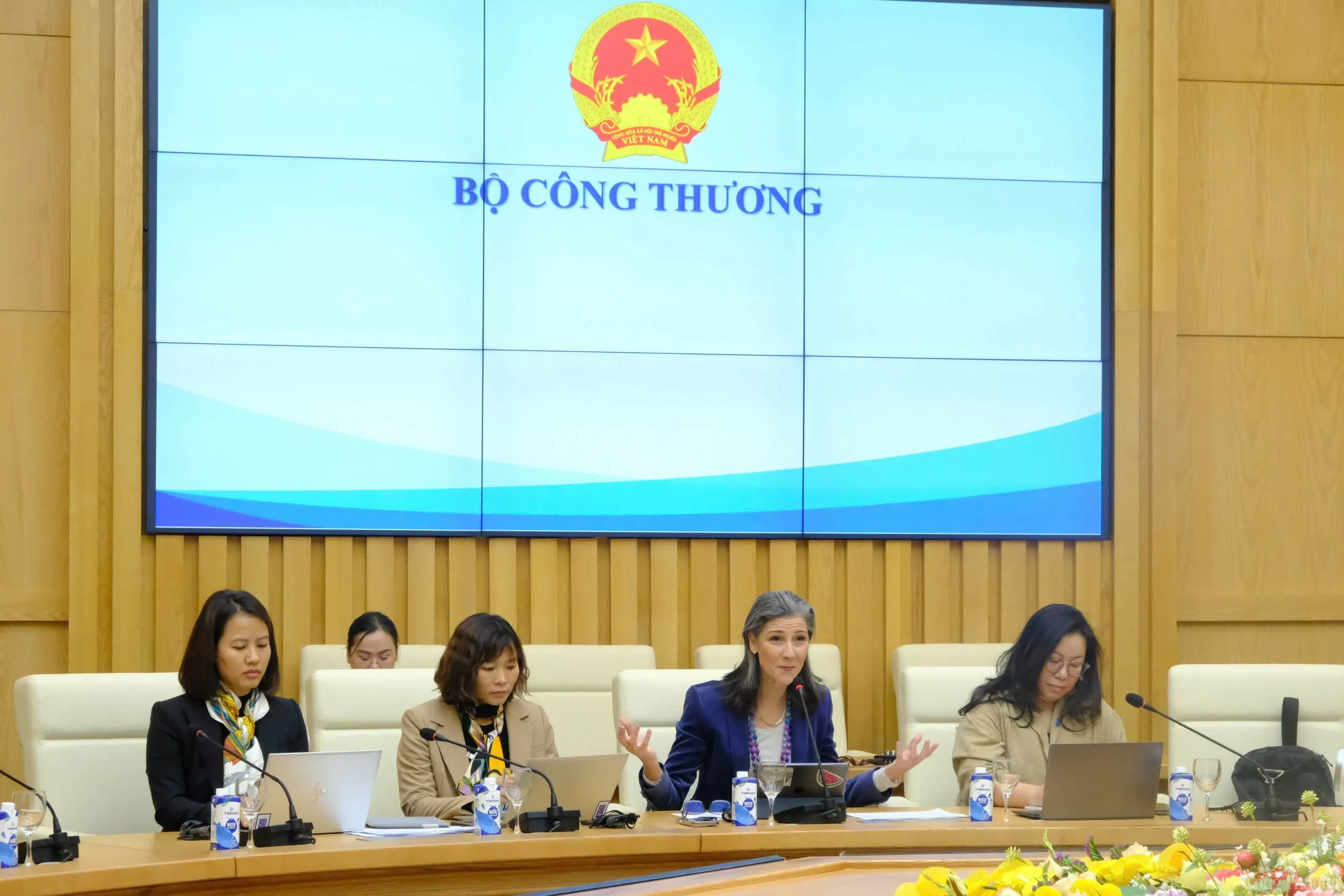 |
| Ms. Ramla Khalidi - UNDP Resident Representative in Vietnam. - Photo: The Duy |
Ms. Khalidi also affirmed that other projects outside the priority list can still be implemented, depending on the partners’ choices and support from UNDP. In particular, UNDP is ready to promote innovative and large-scale projects, with the expectation of bringing long-term effectiveness.
However, she also clarified that UNDP cannot represent other international organizations in decision-making, but only plays a supporting role under the United Nations Framework Convention on Climate Change (UNFCCC). Ms. Khalidi pledged to convey messages and proposals from Vietnam to relevant organizations for further review, assessment and feedback.
Concluding her speech, Ms. Khalidi emphasized the importance of effective coordination between the parties and expressed her desire to promote projects to quickly come into practice.
Expectations to expand portfolio of energy projects
At the meeting, Deputy Minister Nguyen Hoang Long hoped and recommended that domestic and foreign organizations, such as the Norwegian Embassy and investors from Paris, take advantage of investment opportunities in Vietnam, including hydrogen projects in Tra Vinh and offshore wind power projects. With large capital sources committed, he expected that the portfolio of energy projects would expand rapidly, from 10-15 projects in the next 3-5 years, to achieve the target of 15% energy growth to meet the economic growth rate of 10%.
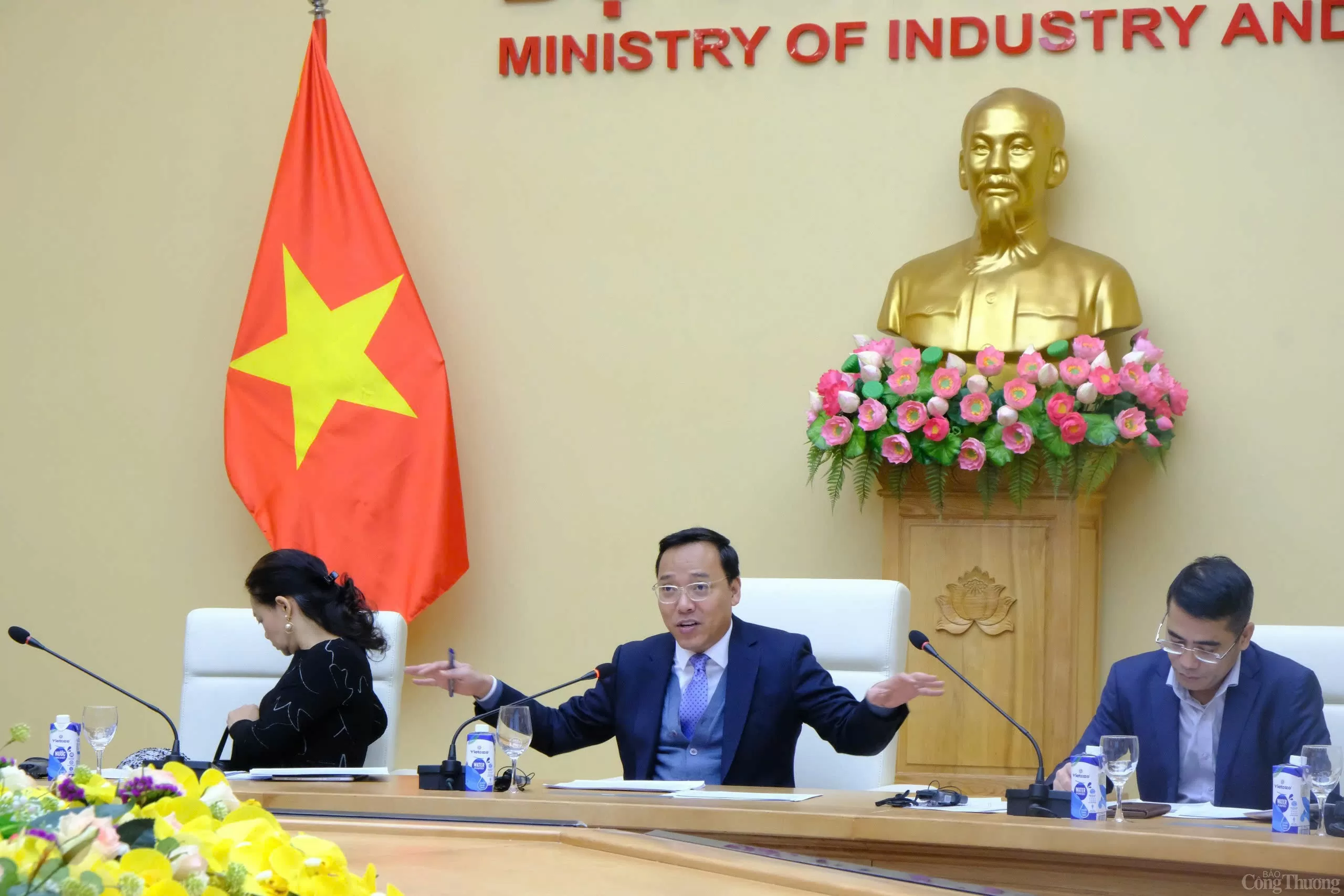 |
| Deputy Minister Nguyen Hoang Long called on domestic and foreign organizations, such as the Norwegian Embassy and investors from Paris, to take advantage of investment opportunities in Vietnam. - Photo: The Duy |
Deputy Minister Long affirmed that it is necessary to avoid wasting time on administrative barriers such as lengthy approval processes, writing official letters back and forth or waiting for consensus. He emphasized: "Each meeting takes at least three months, and that time should be used to carry out specific preparation steps."
Finally, Mr. Nguyen Hoang Long called for more active participation from international partners, emphasizing that Vietnam is in a period of strong growth transformation and cannot accept stagnation in exploiting its huge potential for renewable energy.
The partnership between the Government of Vietnam and the United Nations Development Programme (UNDP) began in 1978, when Vietnam was still suffering from the consequences of war and had very few international donors. For more than 45 years, UNDP has accompanied Vietnam on its journey from a poor country to a middle-income country, pioneering in poverty reduction and promoting growth. UNDP is present in some 170 countries and territories, with a mission to eradicate poverty, reduce inequalities, and build resilience to sustain progress. In Viet Nam, UNDP works closely with the Government and partners to enhance development opportunities for all people, ensuring that everyone can reach their full potential. UNDP’s support to Viet Nam focuses on advancing the Sustainable Development Goals through three innovation directions in the Strategic Framework: strategic innovation, digitalization, and finance for development. This is the foundation for Viet Nam to accelerate the realization of development goals, contributing to creating a sustainable and inclusive future. |
Source: https://congthuong.vn/thu-truong-nguyen-hoang-long-lam-viec-voi-dai-dien-chuong-trinh-phat-trien-lien-hop-quoc-undp-365706.html


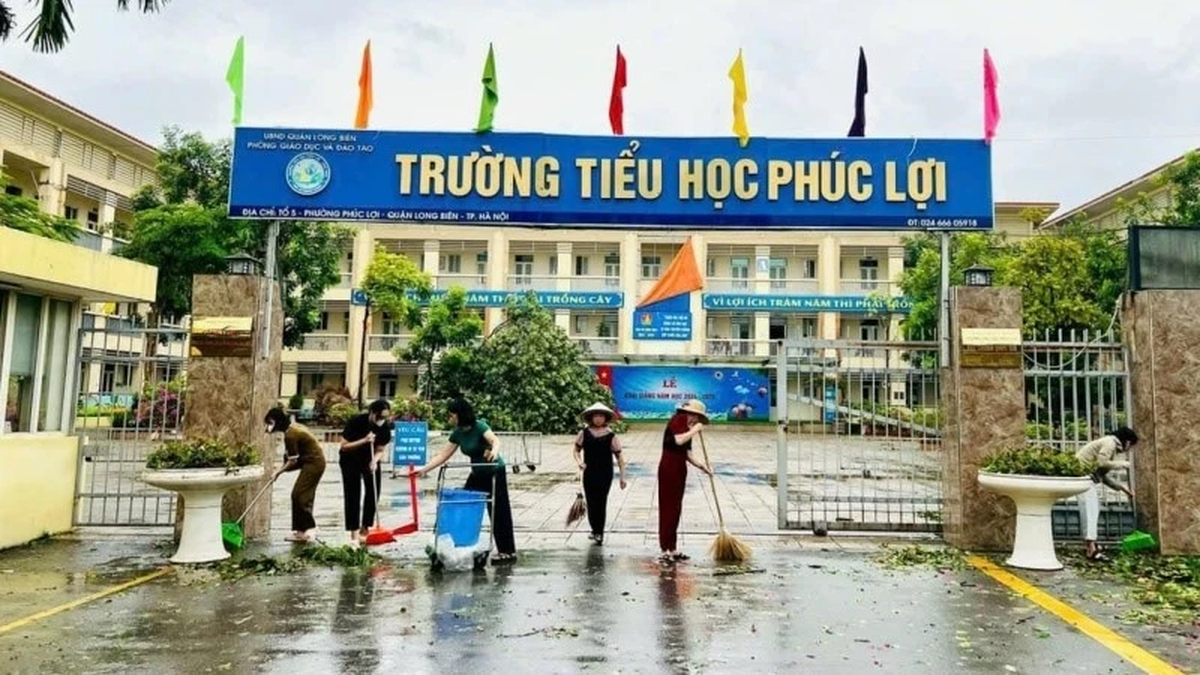
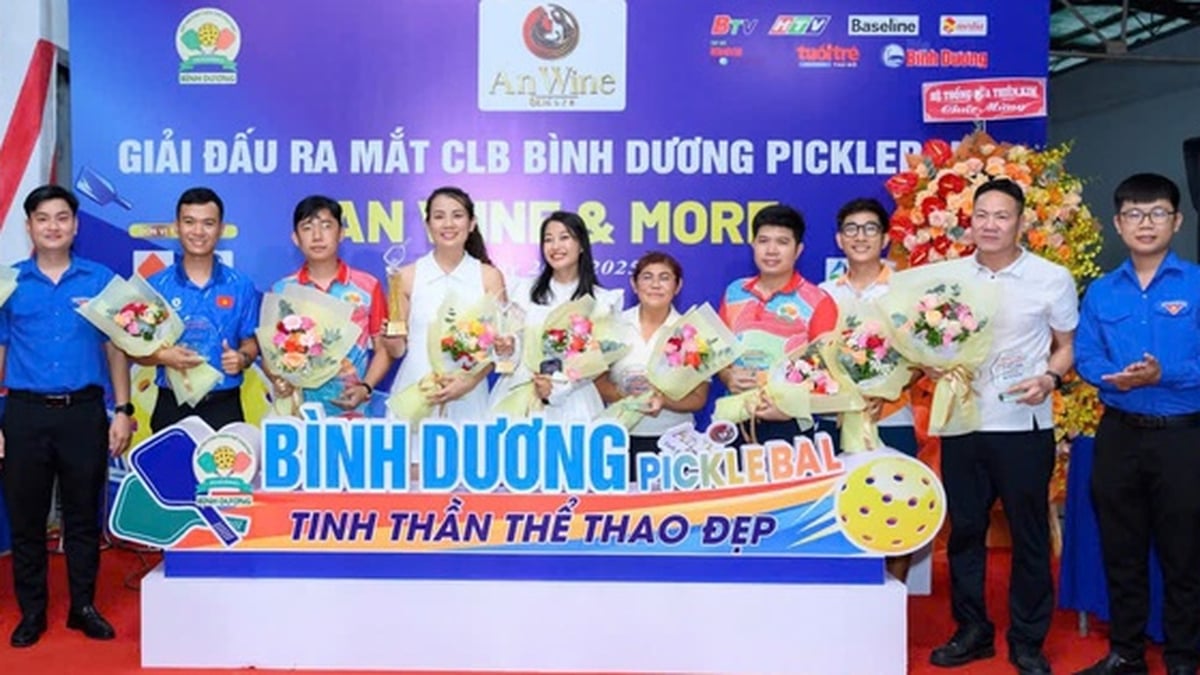
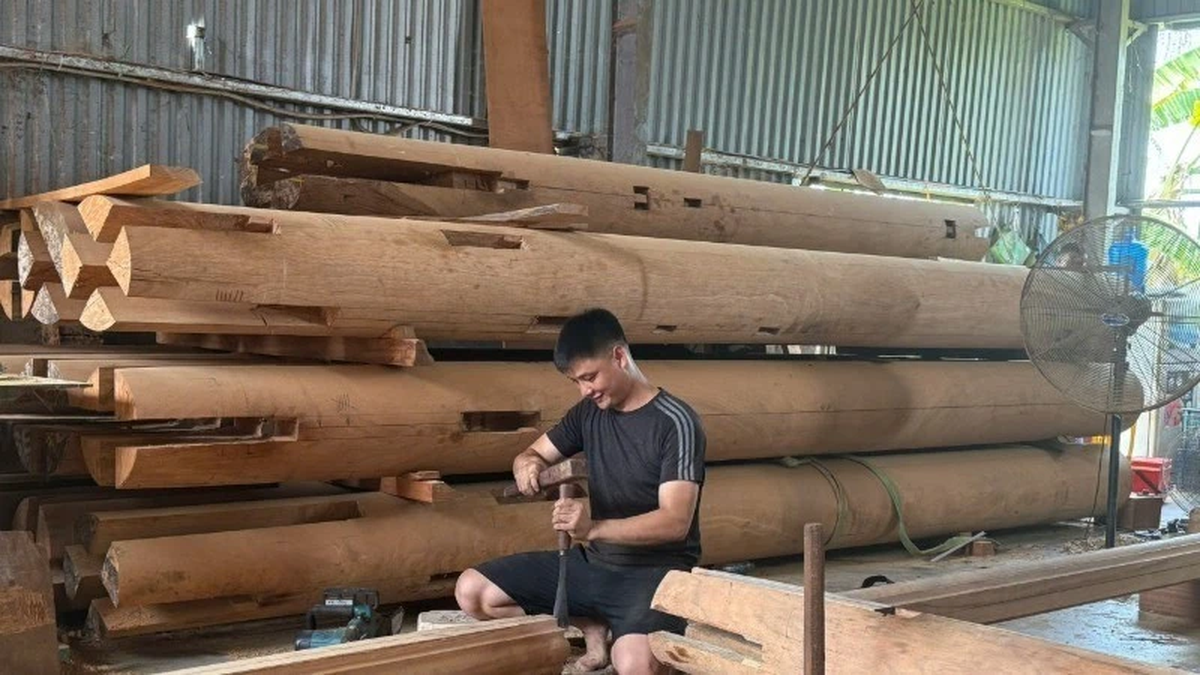

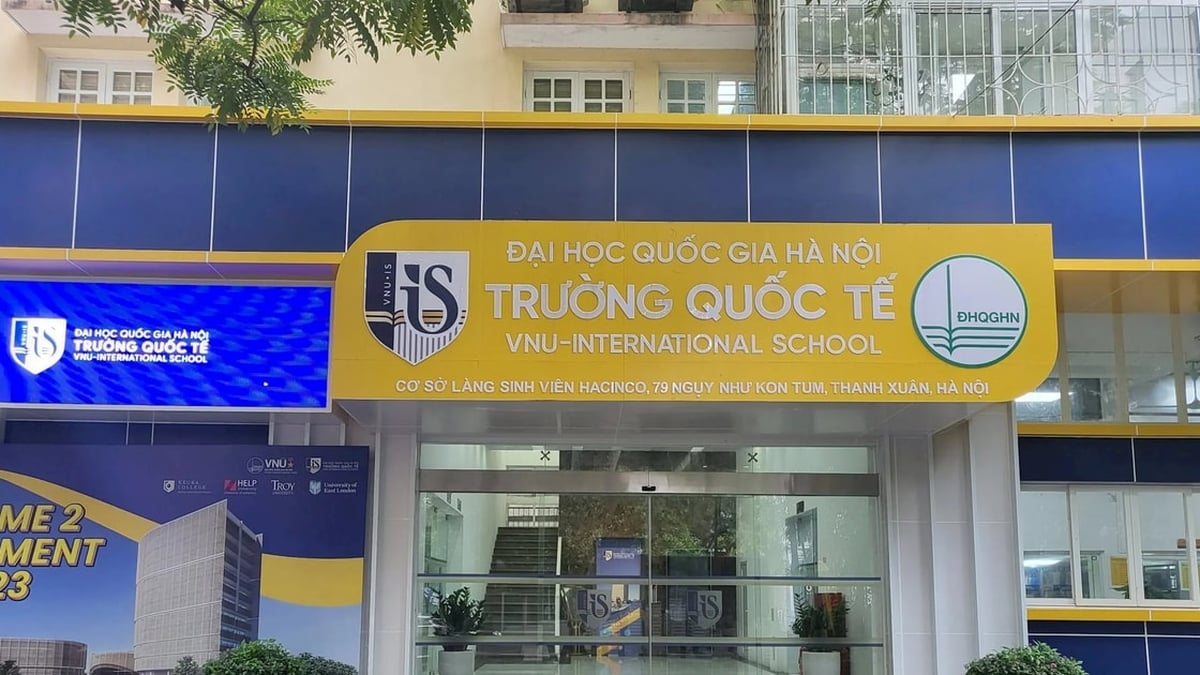
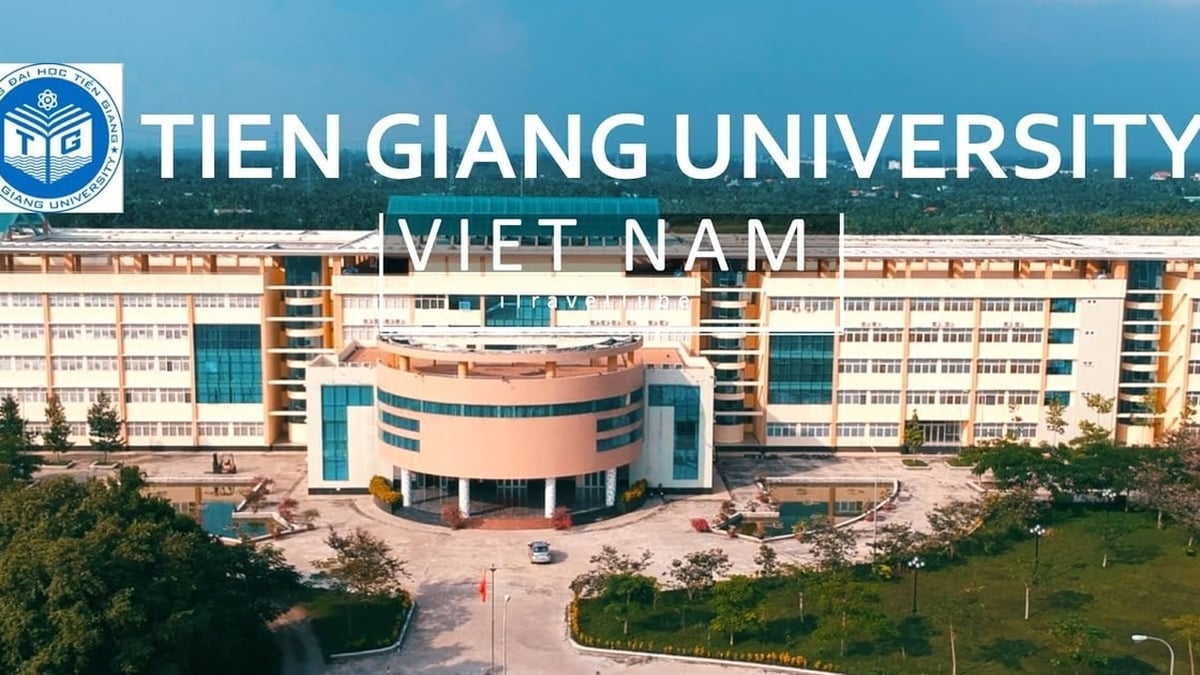
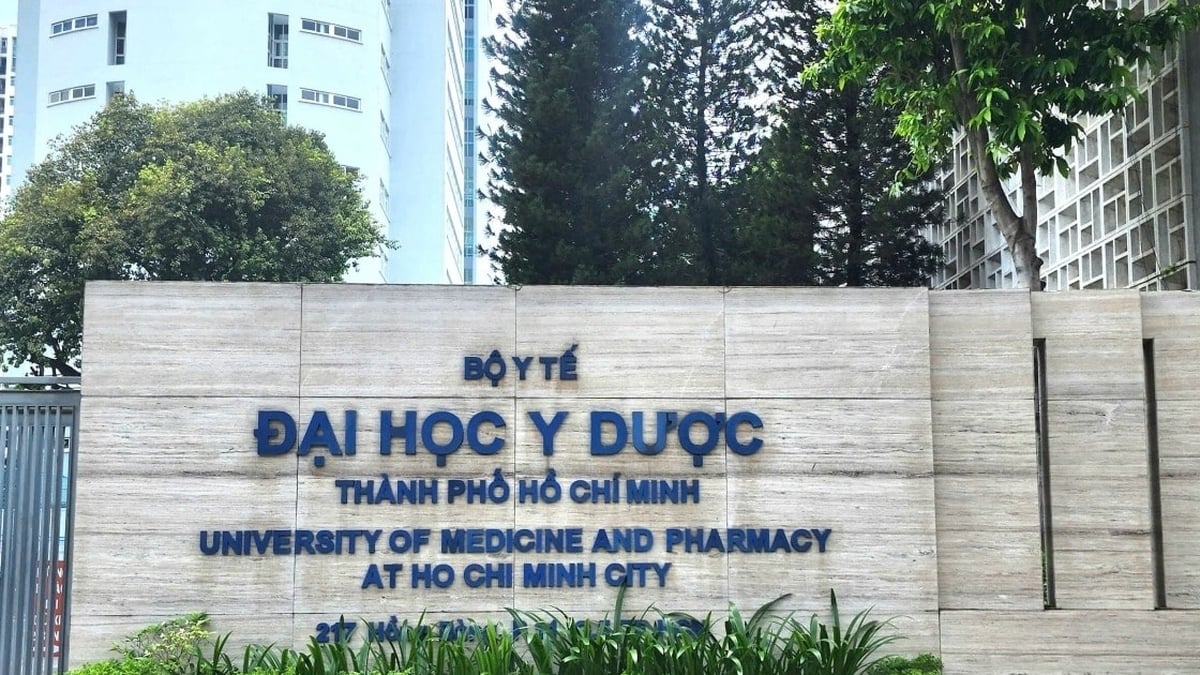
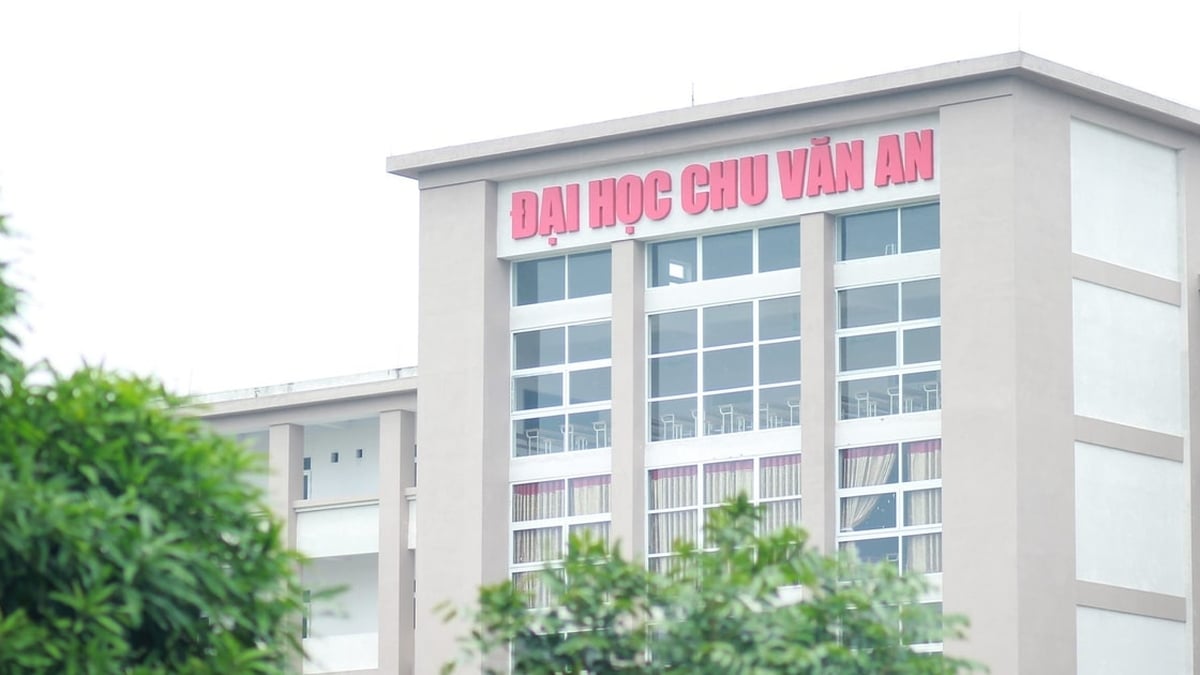

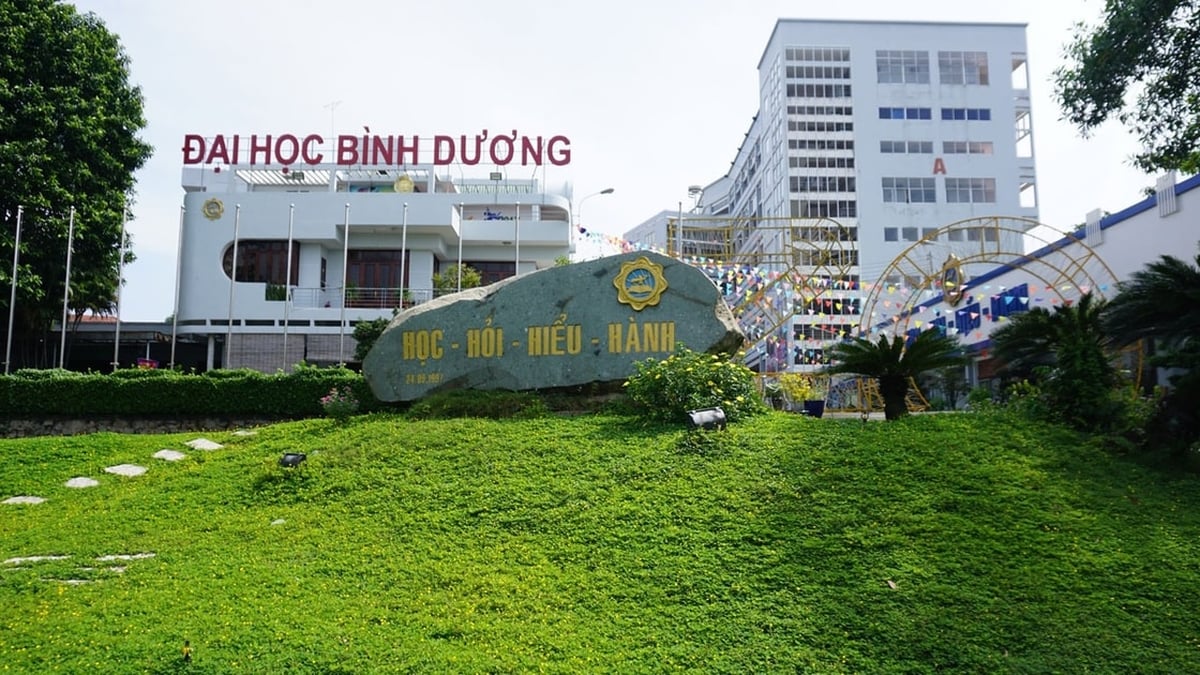












![[Photo] National Assembly Chairman Tran Thanh Man visits Vietnamese Heroic Mother Ta Thi Tran](https://vphoto.vietnam.vn/thumb/1200x675/vietnam/resource/IMAGE/2025/7/20/765c0bd057dd44ad83ab89fe0255b783)













































































Comment (0)